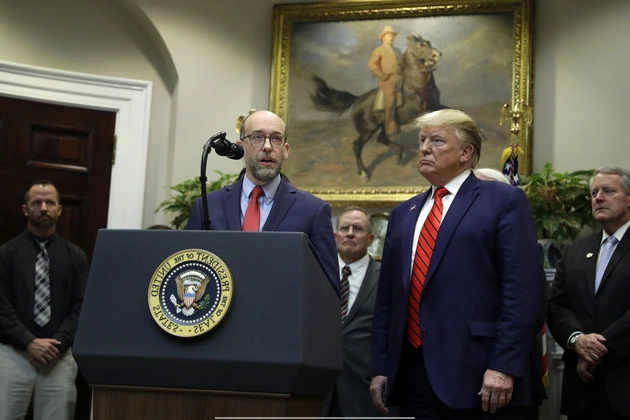
The Trump administration’s actions regarding the freezing of electric vehicle funding have been deemed in violation of the Impoundment Control Act by the Government Accountability Office (GAO).
According to the GAO, the Department of Transportation unlawfully withheld funds by halting new obligations under the National Electric Vehicle Infrastructure program, a $5 billion initiative aimed at constructing charging stations nationwide.
Implications of the Ruling
This ruling sets a precedent for potential future actions against the Trump administration, as the GAO continues to investigate similar cases. The nonpartisan agency’s findings, though not legally binding, could impact how Congress responds to the administration’s budgetary maneuvers.
Despite the administration’s claims of the law’s unconstitutionality, the GAO emphasizes the constitutionally assigned power of Congress to control funding.
Response from Senator Patty Murray
Senator Patty Murray, a leading Democrat on the Appropriations Committee, welcomed the GAO decision, stating that it reaffirms the administration’s breach of legal obligations to allocate bipartisan-approved funds.
The Department of Transportation’s justification for pausing the charger program, citing the need to revise grant regulations, was dismissed by the GAO as insufficient.
Corrective Measures and Disputed Interpretations
GAO’s opinion highlights the necessity for the administration to follow proper procedures if changes to funding allocations are sought. The agency also corrected the Transportation Department’s flawed interpretation of fund obligation timing under the infrastructure law.
While the administration argued that funds were obligated upon state agreement signings, GAO determined that funds are considered obligated upon availability each fiscal year, potentially amounting to over $3.2 billion in obligations.
The White House and Transportation Department have expressed disagreement with GAO’s findings, defending their actions as lawful and appropriate.
Legal Challenges and Political Climate
Besides the GAO ruling, the administration faces legal opposition from 17 states over the suspended EV charger funding. This controversy unfolds amidst political tensions, exemplified by Senate Republicans’ recent vote against a California emission standards waiver, defying GAO and Senate rulings.
Despite these challenges, the GAO ruling underscores the importance of adhering to legal and budgetary frameworks, especially in the context of significant infrastructure programs like the National Electric Vehicle Infrastructure initiative.











